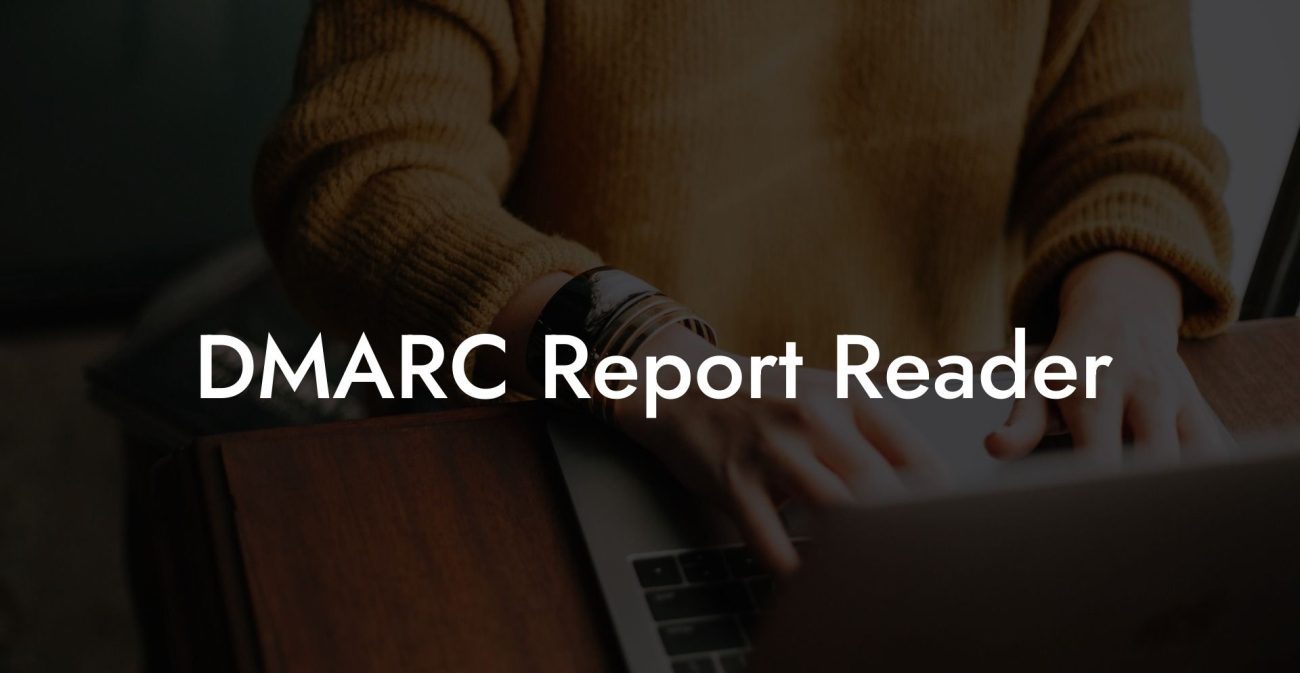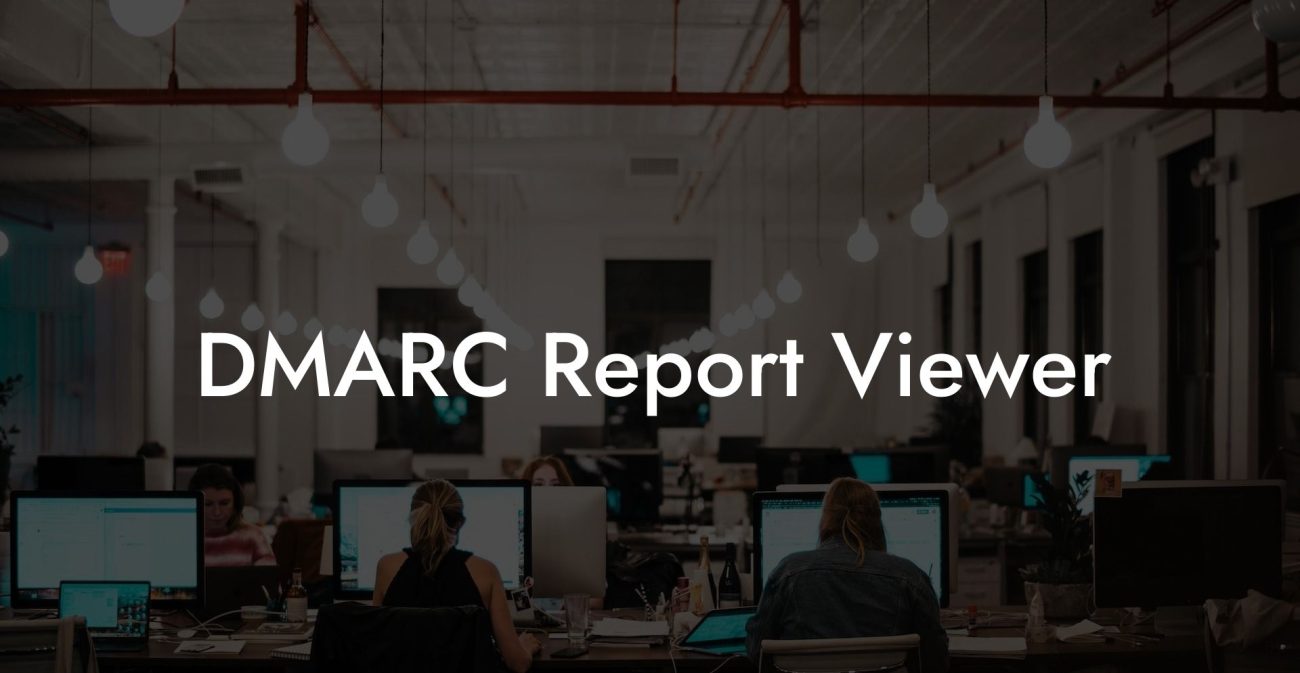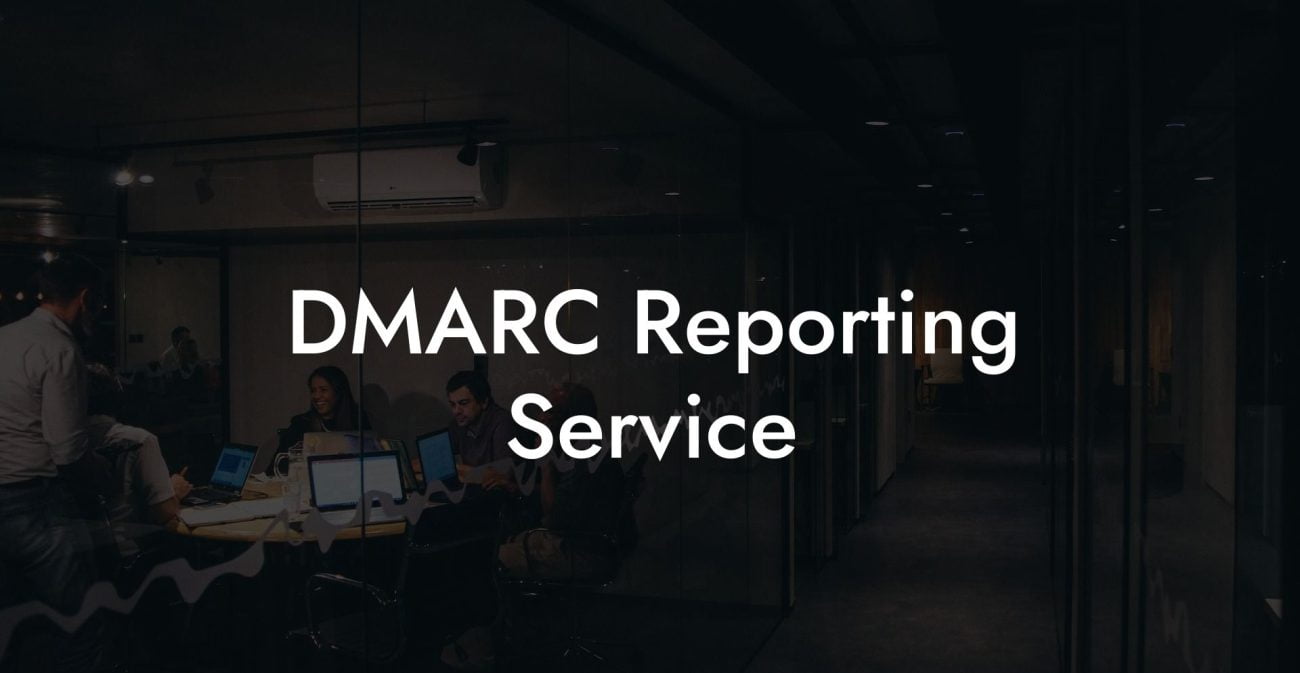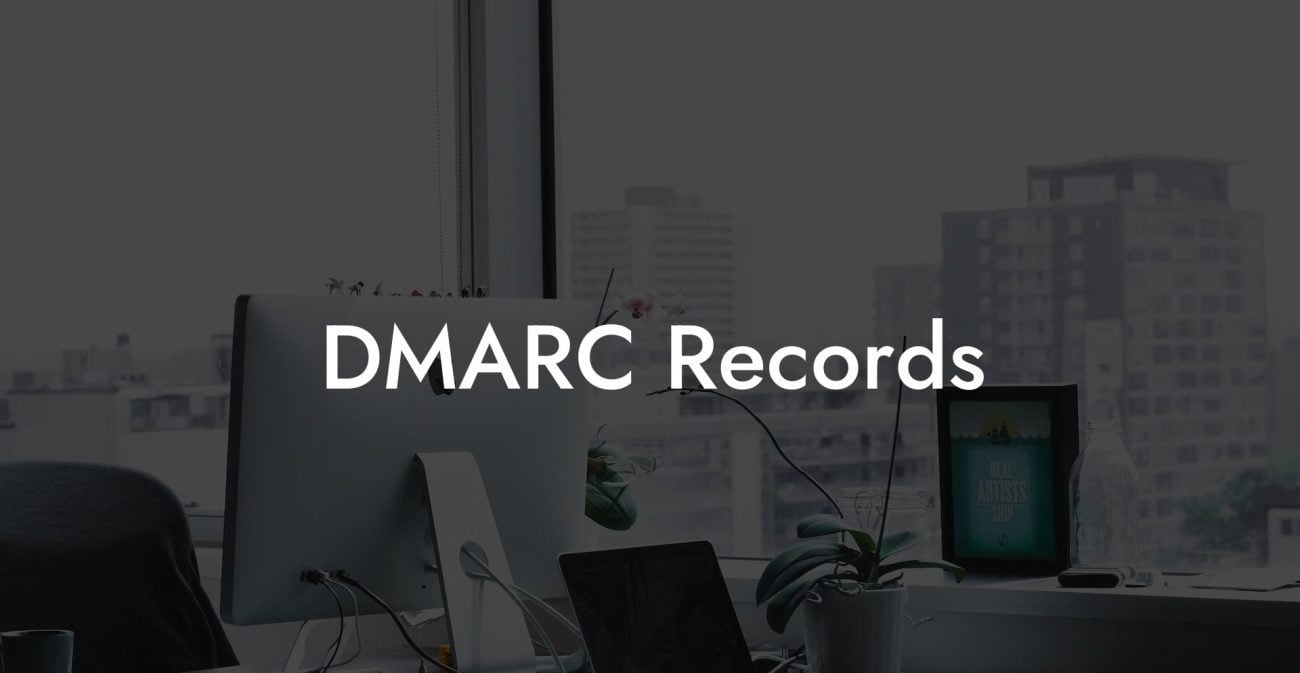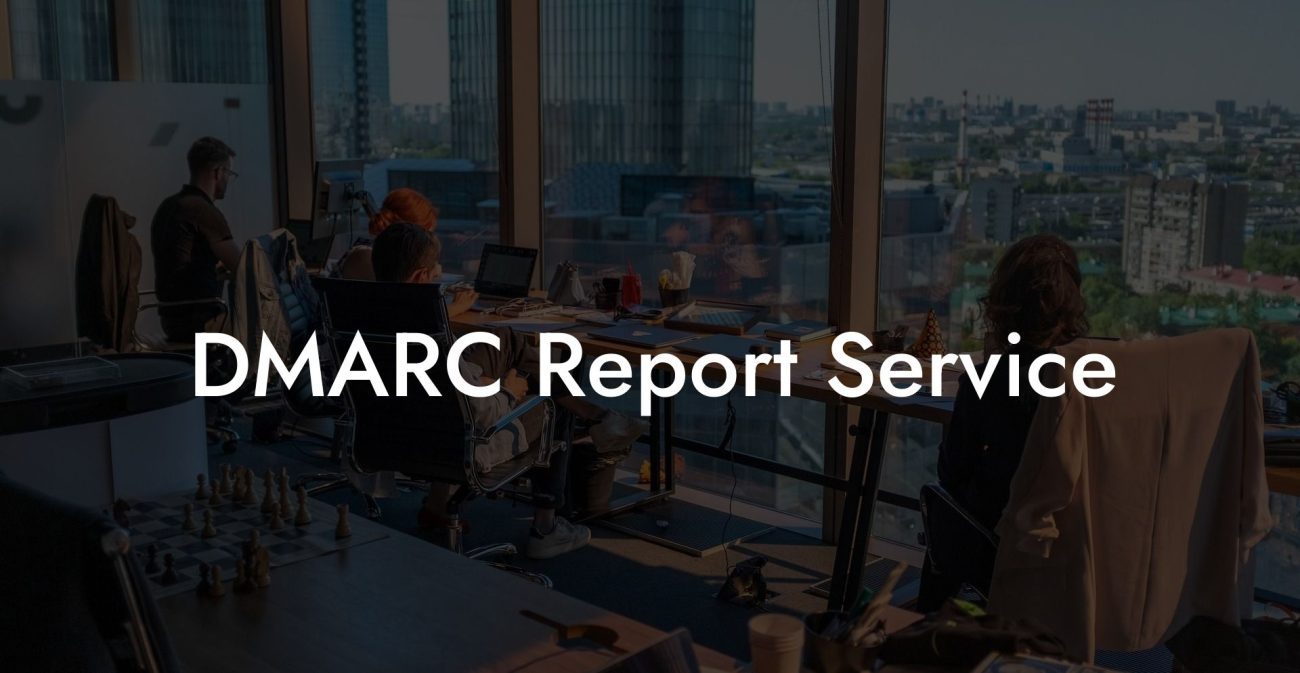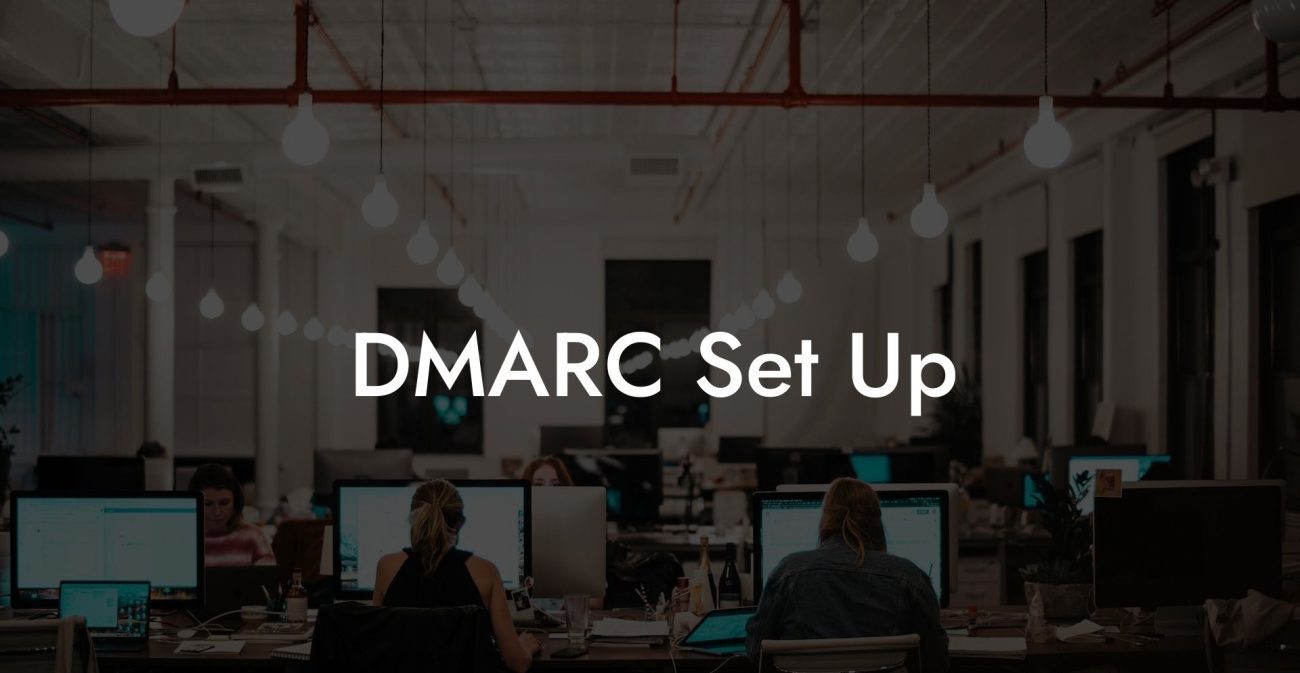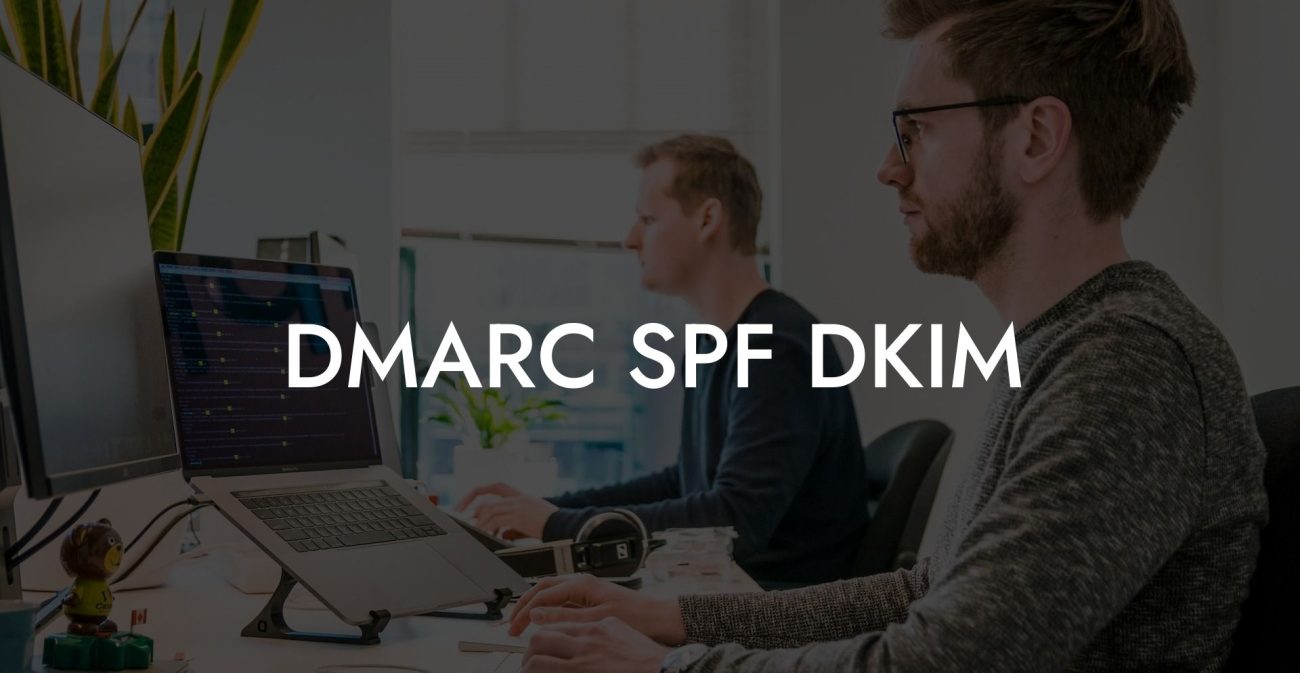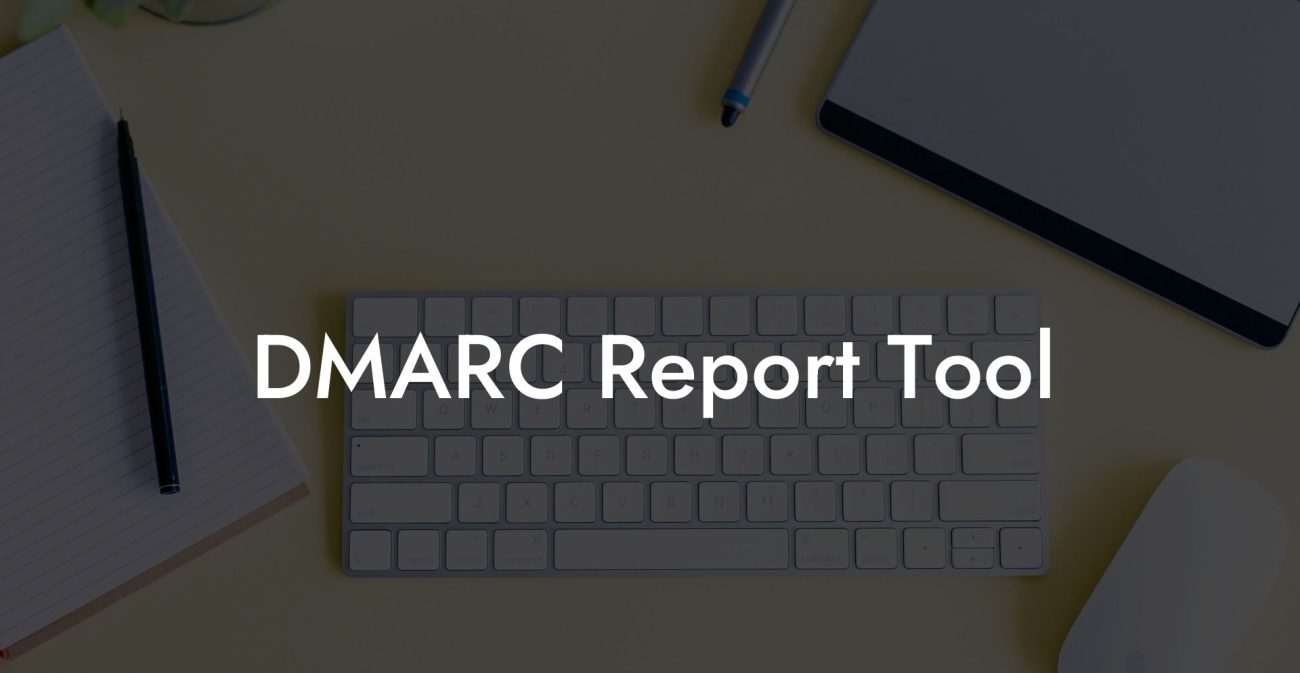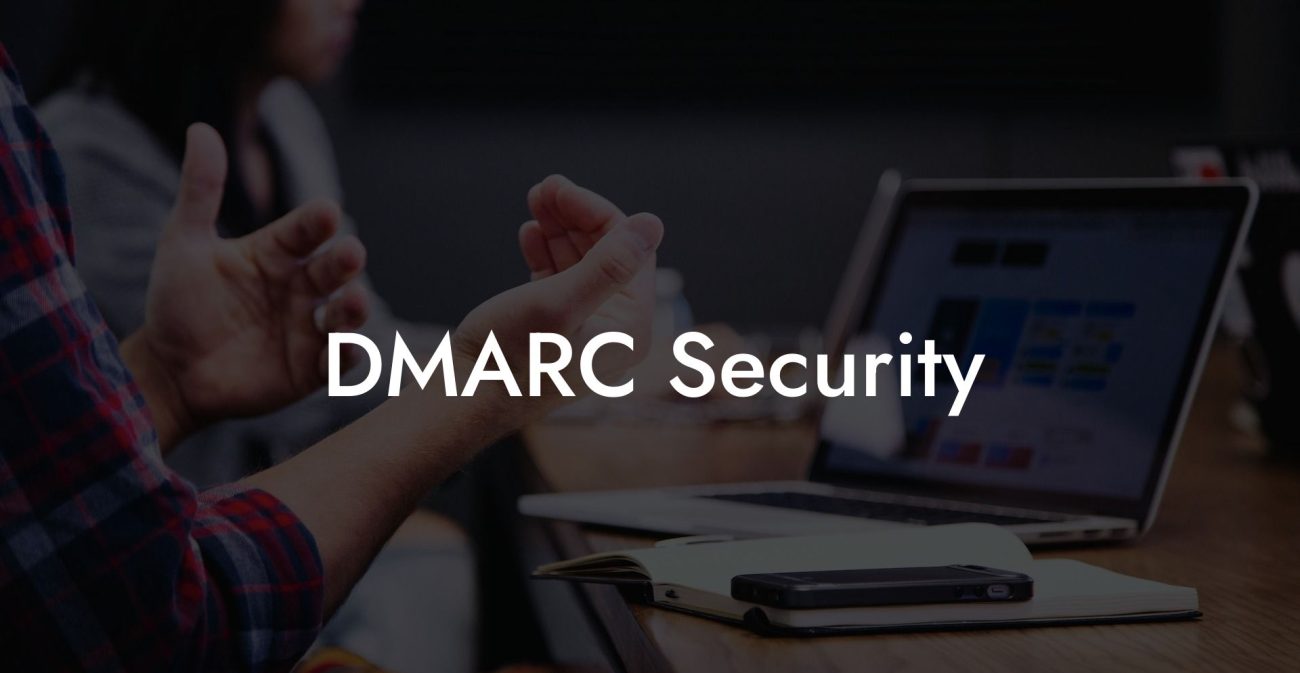Ionos DMARC is a powerful tool that has been designed to protect your business email addresses from being exploited by cybercriminals. Voice phishing is a prevalent problem, impacting both small and large organizations. This article will delve deep into what Ionos DMARC is, how it works, and how it can be a game-changer in your cybersecurity strategy. We will also provide a real-life example to help you better understand the importance of this security feature.
What is Ionos DMARC?
Ionos DMARC (Domain-based Message Authentication, Reporting, and Conformance) is an email authentication protocol that helps protect your domain from unauthorized usage and email spoofing. It is built on top of existing email authentication techniques like Sender Policy Framework (SPF) and DomainKeys Identified Mail (DKIM). Ionos DMARC verifies if an email message has been authenticated correctly by examining its header content, ensuring that only legitimate emails are delivered to the recipient's inbox.
How Does Ionos DMARC Work?
Protect Your Data Today With a Secure Password Manager. Our Top Password Managers:
Ionos DMARC works in three essential steps:
- First, the sender's email server adds a DMARC record to their Domain Name System (DNS) database. This record specifies the email authentication policies the sender wants to apply to their domain.
- Next, the recipient's email server receives the incoming message and checks if it comes from a domain with a published DMARC policy.
- Finally, the recipient's email server validates the message against the sender's published authentication policies. If the message passes the authentication, it is delivered to the recipient's inbox. If not, the server may quarantine or reject the email based on the specified DMARC policy.
The Benefits of Ionos DMARC
Implementing Ionos DMARC can provide various benefits to your organization, including:
- Enhanced cybersecurity: By verifying the authenticity of incoming messages, DMARC can prevent phishing and spoofing attacks targeting your employees and clients.
- Improved email deliverability: By assuring the recipient's email servers that your messages are legitimate, the likelihood of your emails being marked as spam is reduced.
- Increased visibility and control: Receive real-time feedback on how your email authentication policies are performing and adjust your policies accordingly.
- Brand protection: By protecting your domain from unauthorized use, you protect your brand and maintain client trust.
Ionos DMARC Example:
Consider a situation where a cybercriminal targets your organization, intending to conduct a voice phishing attack. The attacker creates a spoofed email that appears to originate from a higher-up in your company, instructing an employee to transfer funds to an external bank account. The email looks legitimate, complete with an accurate display name and signature.
However, you have implemented Ionos DMARC for your domain. When the spoofed email reaches your employee's inbox, the recipient's email server checks for the DMARC record on your domain. Since the authentication methods specified in your DMARC policy have not been met, the email server quarantines the email instead of delivering it to your employee's inbox. You have successfully thwarted the attacker's attempt to exploit your organization's email for a voice phishing scam, all thanks to Ionos DMARC.
Implementing Ionos DMARC can play a crucial role in your organization's cybersecurity, acting as a strong line of defense against voice phishing and email spoofing attempts. By leveraging its features to protect your domain, you can maintain the trust of your clients while keeping your employees and company data safe. Don't hesitate to share this insightful article with your colleagues and friends, and be sure to explore the other helpful guides on Voice Phishing to strengthen your understanding of cybersecurity.
Protect Your Data Today With a Secure Password Manager. Our Top Password Managers:





